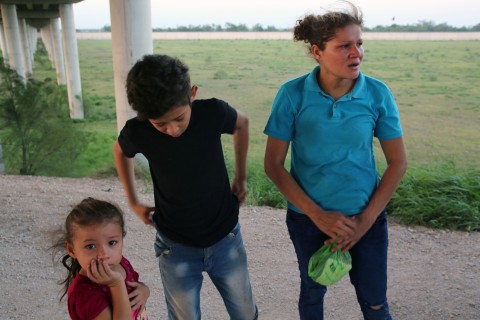Immigration and the biblical law of the stranger
In Torah, the stranger appears as a guest to be welcomed, not a problem to be solved.

Biblical texts repeatedly take up the question of the dignity of migrants and of what others owe them as fellow human beings. Israelite authors were fascinated with the drama of movement, and Israel’s legal texts exhibit a long-term, multifaceted concern for non-Israelites within the larger community. While these laws differ in some details, they all reflect a single-minded commitment to ensure the well-being of the migrants living alongside the host community and sharing in its most crucial commitments.
The oldest law collection in the Bible seems to be the Covenant Code in Exodus 20 and Deuteronomy 5, which other biblical law collections comment on, amplify, and at times modify. These laws work for harmony in an agrarian society of small villages lacking a central authority. As in other law collections in the Bible, this code makes no effort at being systematic. The text ignores many possible topics, and the processes for deciding cases and punishment of criminals go unexplained, probably because the methods of judging cases at the village level had gone on adequately for generations.
In spite of the spotty coverage of topics, this collection of laws twice refers to the responsibility of the Israelite community for the ger—the “migrant” or “alien” (the word is related to the verb gur, “to sojourn as a migrant”). In the first instance, the prohibition of idolatry leads to instructions about vulnerable people: the law insists that “you should not oppress the ger nor abuse that person, for you were gerim in Egypt’s land. Nor should you oppress a widow or an orphan. If you oppress such a person, when they cry out to me [in prayer], I will certainly answer them, and I will be infuriated and kill you at sword point. Then your wives will be widows and your children orphans” (Exod. 22:21–24).





